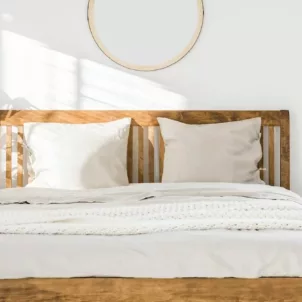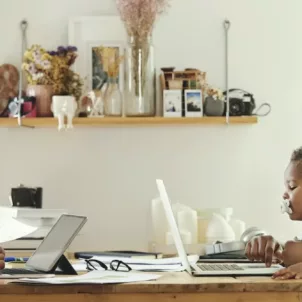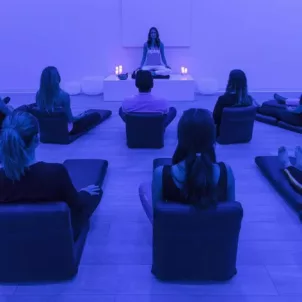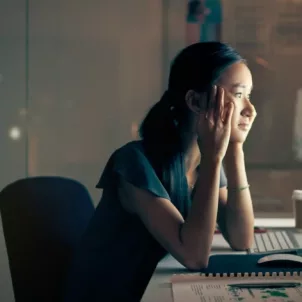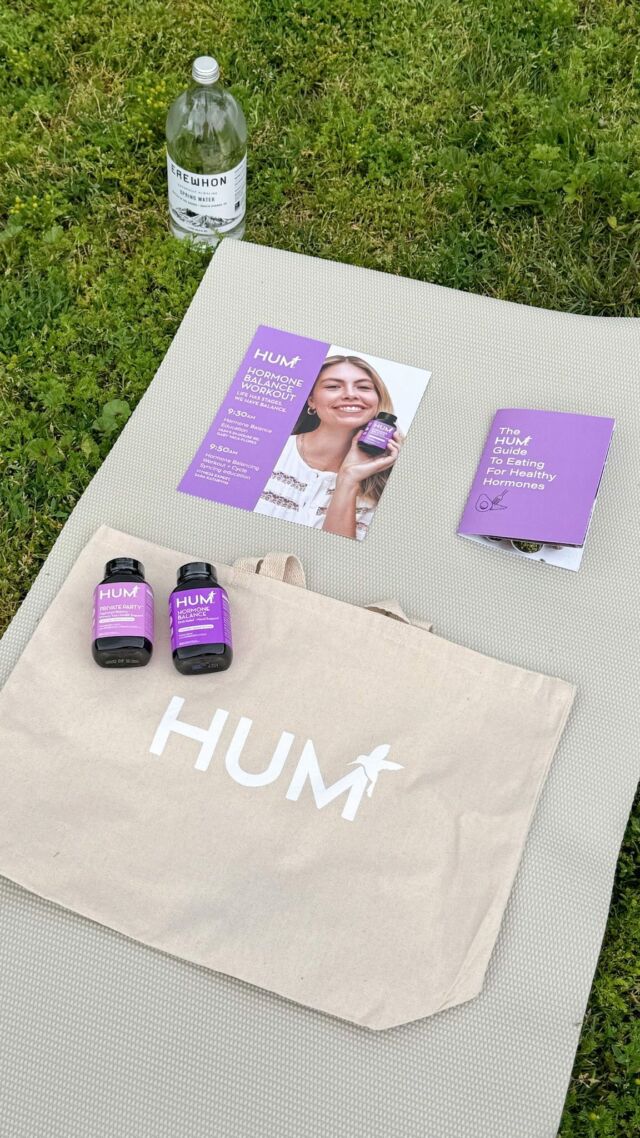Medically Reviewed By
Gaby Vaca-Flores, RDN, CLE
Registered Dietitian Nutritionist
Take a closer look at what minimalist living actually entails. Plus: five powerful psychological benefits of minimalism.
So, you think you know about minimalism?
In The Longing for Less, writer and critic Kyle Chayka reveals that there’s a lot more to the philosophy than simplify scaling down your closet and opting for clean-lined design. Yet once you understand and embody its deeper meaning, practicing minimalism can vastly improve your mental health.
Keep reading to learn how a minimal lifestyle can make you feel rich with ease, inspiration, and ultimately, a sense of freedom.




What is minimalism?
Simply put, minimalism can be defined with a classic adage: Less is more. Kyle explains that the idea shows up in many forms throughout history, from Ancient Greek philosophy and early Buddhism to mid-20th-century architecture and design. In particular, the 1960s Minimalist visual art movement emphasized “looking at the world in a different way and trying to get rid of your preconceived notions of art or beauty.” Yet as far as we know it today, minimalism largely refers to a lifestyle that strays from consumerism. It’s also associated with terms such as voluntary simplicity and psychological hygiene.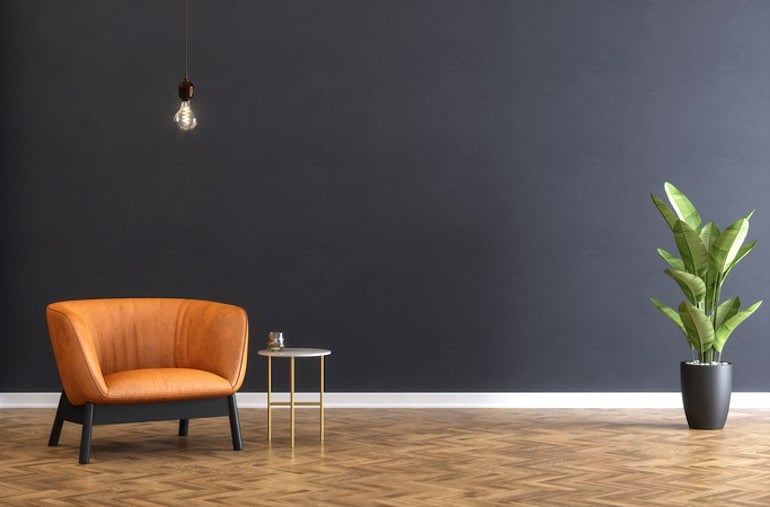
What Minimalism Isn’t
So you read Marie Kondo’s books, did a KonMari make-under, and binged every minimalist doc on Netflix. You organized, tossed, and donated, and hopefully felt lighter and brighter by doing so. That’s great! But according to Kyle, that alone does not a minimalist make. Ultimately, he says that minimalism is more about ideas than things. “Marie Kondo actually places even more emphasis on things: you go through all your stuff to figure out which stuff you still relate to,” he begins. “Likewise, the obsession with Scandinavian or mid-century design is still about conspicuous consumption—just a particular aesthetic of it.” Since these examples still prize personal affects, the cloud of consumerism still lingers, which runs counter to the root concept.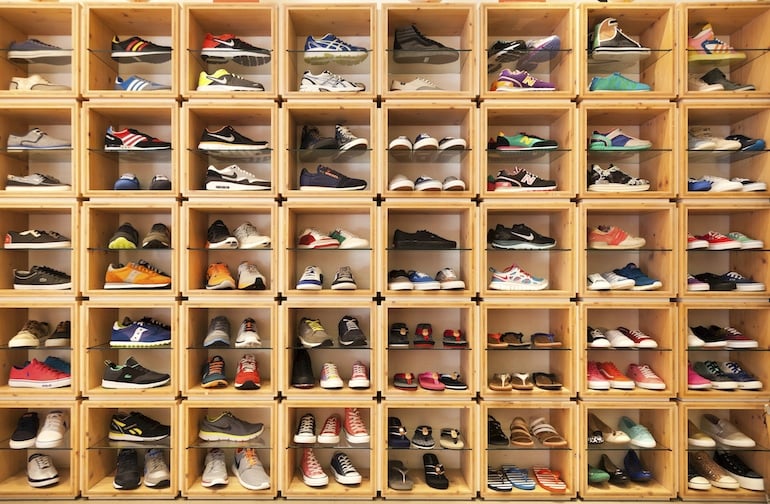
The Trap of Conspicuous Consumption
In his book, Kyle writes that “stuff is … the enemy of happiness, and not just because it’s crowding your apartment, but because it’s part of this larger alienating system.” All too often, the desire to attain overrides the drive to grow. It’s easy to think that a new wardrobe, bigger home, or fancier car will make us feel happy and complete. However, that logic leads to a slippery slope and most often, disappointment. In short, Kyle urges that we shouldn’t rely on physical objects as a foundation of our identities.5 Psychological Benefits of Minimalism
Kyle writes that “with less stuff we might be more creative, more loving, more communal, more engaged with our surroundings.” Sounds good, right? Here’s a closer look at the psychology of minimalism and its benefits for mental health.1. Minimalism Helps Meet Basic Psychological Needs
According to the self-determination theory, human motivation rests on three universal components: autonomy, competence, and relatedness. A 2016 study demonstrates that people who follow low-consumption lifestyles gratify these needs, which leads to increased life satisfaction. The importance of meeting these psychological needs can’t be understated. Autonomy provides a sense of freedom and authenticity; competence helps you feel in control and self-sufficient; and relatedness fosters community and compassion.2. Minimalism Can Make You Happier
One study found that people who prize spirituality and simplicity over consumption reported more emotionally positive experiences. And they too noted higher levels of life satisfaction. Conversely, a 2014 study found that materialism is associated with significantly lower well-being. The most notable consequences manifest in the form of health and behavioral risks and negative self-assessments. In conclusion, the researchers determined that consumption doesn’t fulfill materialists’ psychological needs. Simply put, more stuff can lead to less happiness.
3. Minimalism Combats Loneliness
Despite what Marilyn Monroe has said, diamonds aren’t always a girl’s best friend. According to a 2013 study, valuing possessions as markers for happiness and success increase feelings of loneliness. While some time alone is essential, loneliness is something else entirely. If you shift your values from purchases to self-development, creativity, and other affirming endeavors, you’re less likely to perpetuate the isolating cycle of materialism.4. Minimalism Declutters Your Mind
If you have trouble focusing, there’s a good chance that your stuff could be to blame. Physical accumulation can lead to clutter, the latter of which is linked to procrastination and stress. Further, nearly all participants in a 2020 study investigating the psychological benefits of minimalism believed that a “cluttered, chaotic home was the cause and result of a cluttered, chaotic mind,” and vice versa. Essentially, the state of your internal and external worlds often mirror each other. Overstimulation or excess in one area can trickle to the other. After all, this fact is a major reason why the minimalist trend is so popular right now. Once you practice stress management and pare down any triggers (perhaps a messy space among them), greater ease should follow.5. Minimalism Leads to Awareness
In short, one of the most worthy benefits of minimalism is that it allows you to focus on what matters. Minimalist living entails being present. It permits you to be conscious of your values and the world around you, both of which get skewed in the quest for material goods, the unreality of social media, and other distractions that can rob the simple joys of life from us. Once you consider living a minimalist lifestyle, it’ll force you to get introspective. Along the way, you can discover what your actual needs, dreams, and goals really are.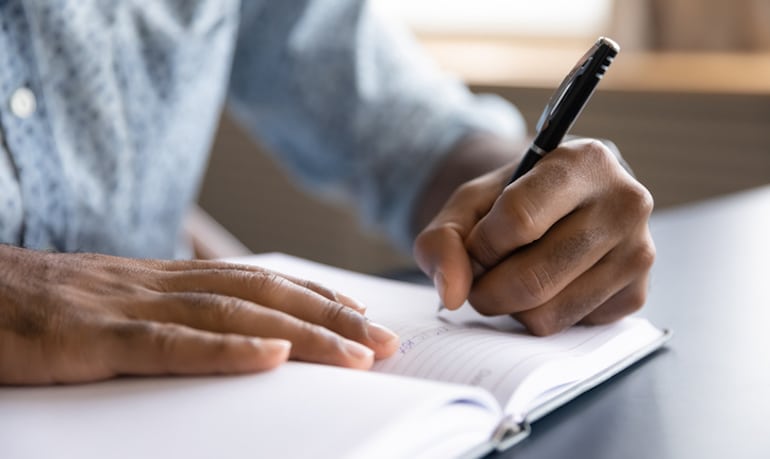
How to Start Living a Minimalist Lifestyle
Thankfully, there’s no strict method you need to follow when it comes to minimalist living. That said, there are handy ways to get the ball rolling.Get Inspired
Rather than just clearing out your home, Kyle suggests engaging with minimalism through books or art before getting to your possessions. I recommend the following reads for inspiration to simplify and reclaim your life:- The Longing for Less: Living with Minimalism by Kyle Chayka
- Digital Minimalism by Cal Newport
- Silence: In the Age of Noise and Walking: One Step at a Time by Erling Kagge
- Stillness Is the Key and The Daily Stoic by Ryan Holiday
Reflect + Revise
He also stresses the importance of knowing why you’re interested in minimalism in the first place. Ask yourself:- Am I trying to fill a void with the things I buy or keep around?
- How does all this “stuff” actually make me feel?
- Are my “things” getting in the way of my true needs?
- What’s the best use of my time, money, and energy?
- How can I connect more with myself, my loved ones, and the present moment?
FINAL THOUGHTS
From minimalism’s rich history, Kyle learned that the “idea of living with less [was] always appealing to humanity, but we never quite figure out how to adopt it long term, or resolve the paradox of wanting less or more.” Still, it’s clearly worth a try. In essence, minimal living focuses on internal experience (ideas) versus external accumulation (items). And while ridding excesses in your closet and home can be potential stepping stones along the way, it can only get you so far. To reiterate, living a minimalist lifestyle goes beyond the mere absence of possessions. To reap the psychological benefits of minimalism, simplify, stay present, and enrich your life with intrinsic value of your own making.More like this

